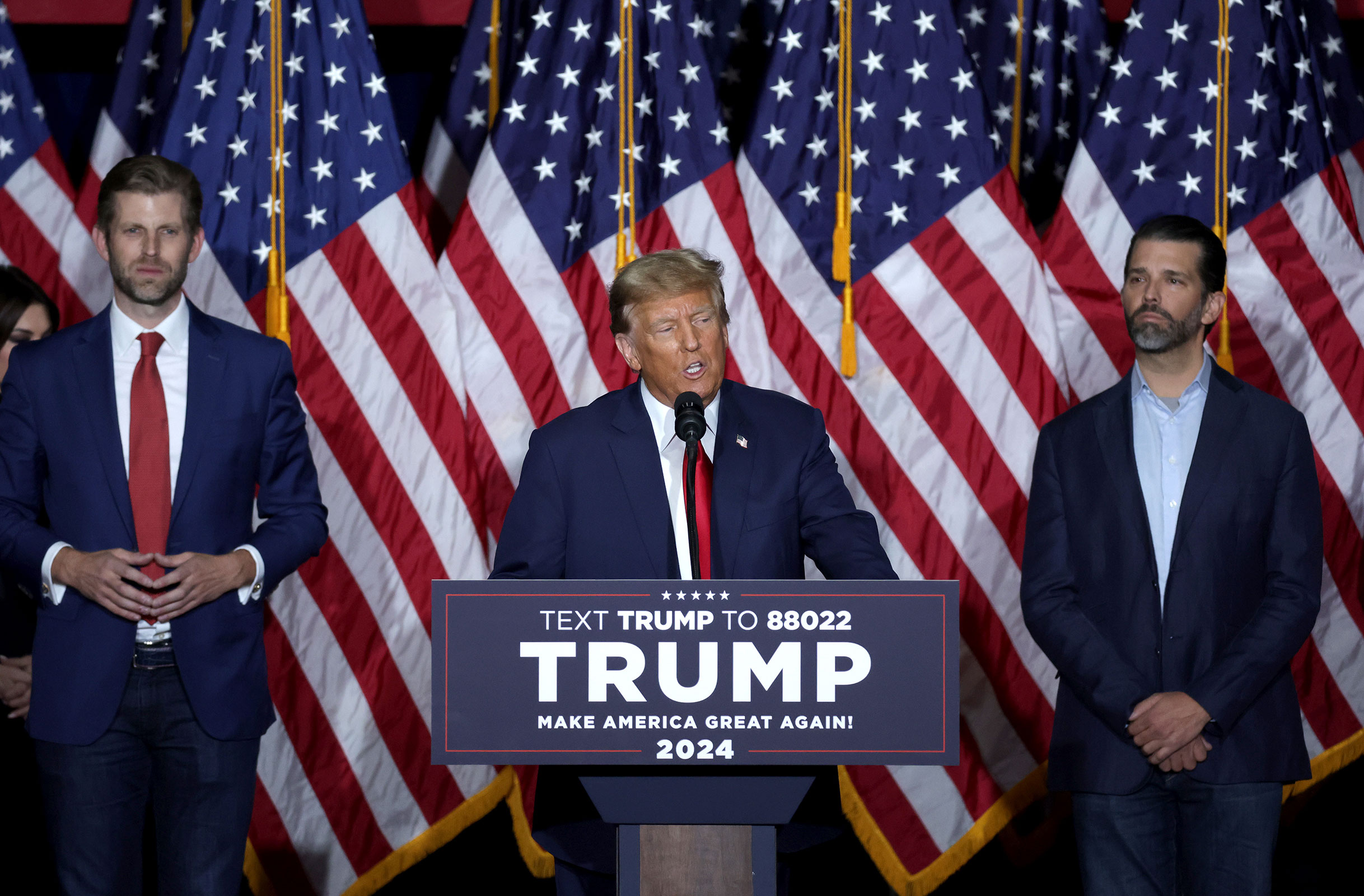
Donald Trump’s adult sons, Don Jr. and Eric, were ordered to pay $4 million each after Judge Arthur Engoron found them liable for multiple fraud counts.
By Lauren del Valle, Kara Scannell, Jeremy Herb, Dan Berman and Elise Hammond, CNN

Donald Trump’s adult sons, Don Jr. and Eric, were ordered to pay $4 million each after Judge Arthur Engoron found them liable for multiple fraud counts.
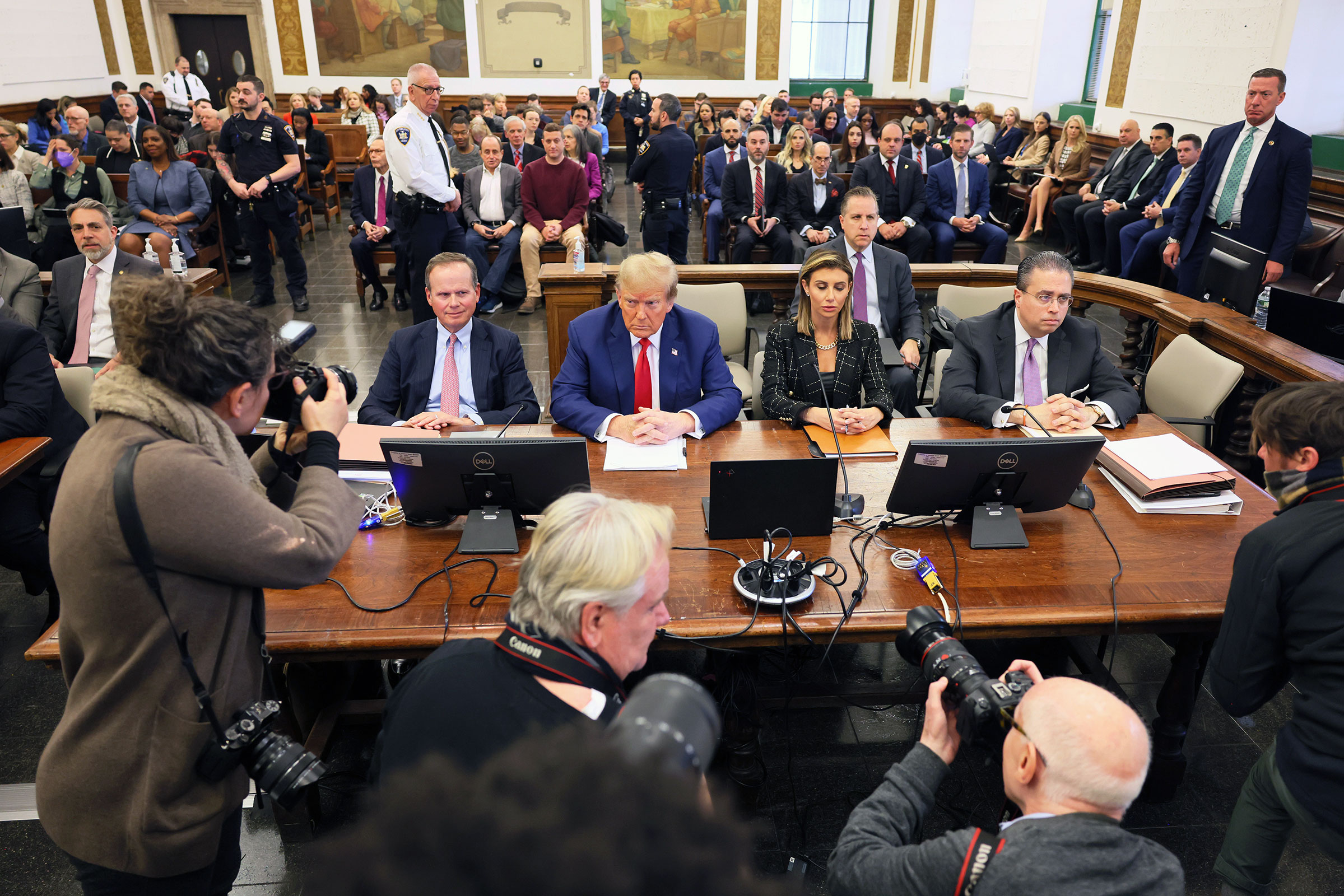
Judge Arthur Engoron has ordered former President Donald Trump and his companies to pay nearly $355 million.
Trump is expected to appeal the decision and seek a stay to halt its enforcement while his appeal is considered.
From CNN staff
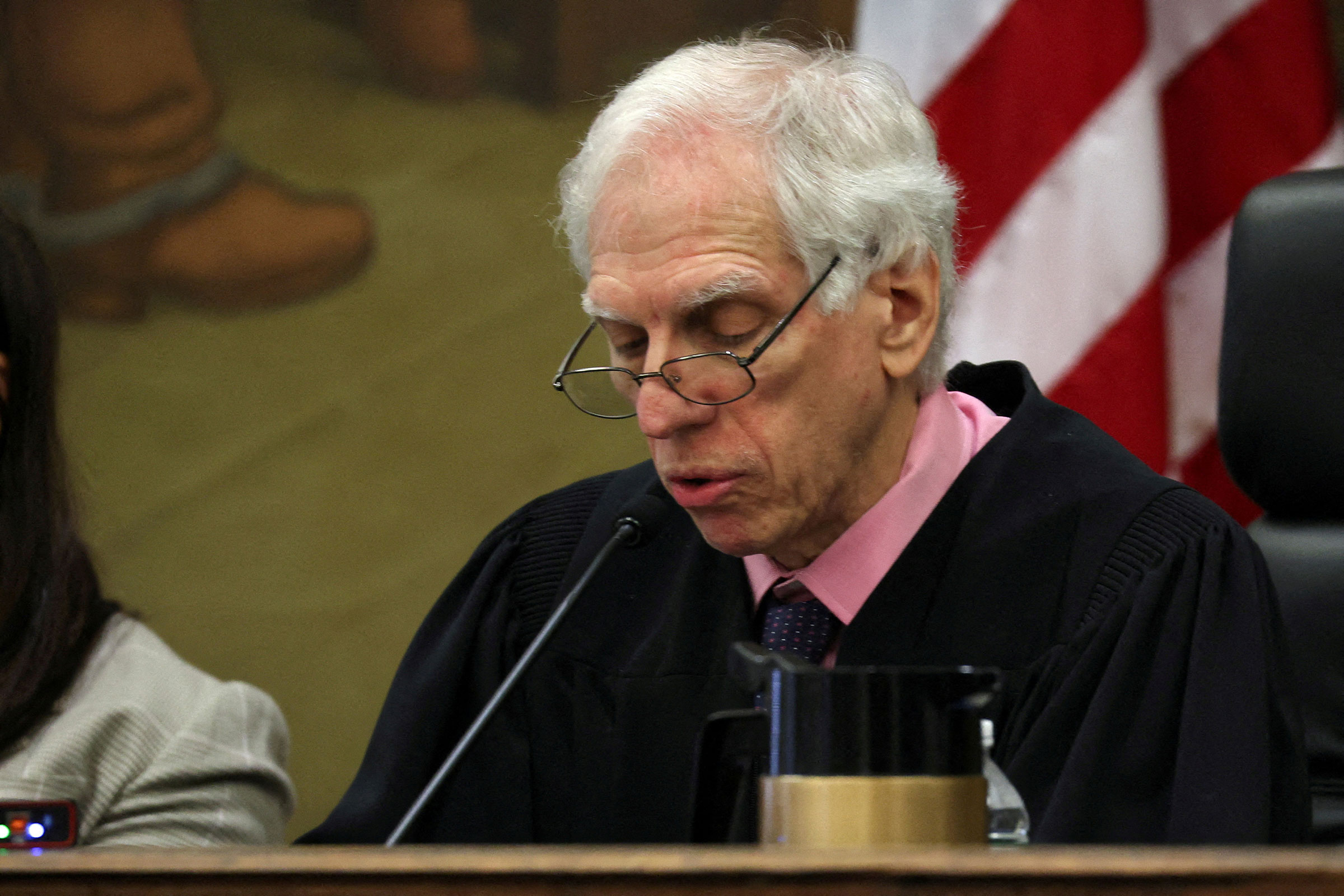
Judge Arthur Engoron has issued a ruling in Donald Trump’s’ New York civil fraud trial.
New York Attorney General Letitia James is asking for $370 million from Trump and the co-defendants in disgorgement – or ill-gotten gains, alleging he filed fraudulent financial statements that allowed him to obtain loans and insurance policies at more favorable rates.
The case goes to the heart of Trump’s image as a successful billionaire and includes accusations of fraud regarding his Trump Tower apartment, Mar-a-Lago estate and several golf courses, among others.
Engoron has already ruled that Trump and his co-defendants engaged in fraud and ordered the cancelation of any business certificates they hold in New York, an action that is on hold pending Trump’s appeal.
This ruling will address six additional claims against some or all of the defendants including conspiracy, issuing false financial statements, falsifying business records and insurance fraud.
The New York attorney general also asked the court to bar Trump and some of the co-defendants from the real estate business in New York and being able to apply for a loan from banks registered in the state, among other bans that could significantly impact him and his companies.
From CNN's Jeremy Herb, Lauren del Valle and Kara Scannell
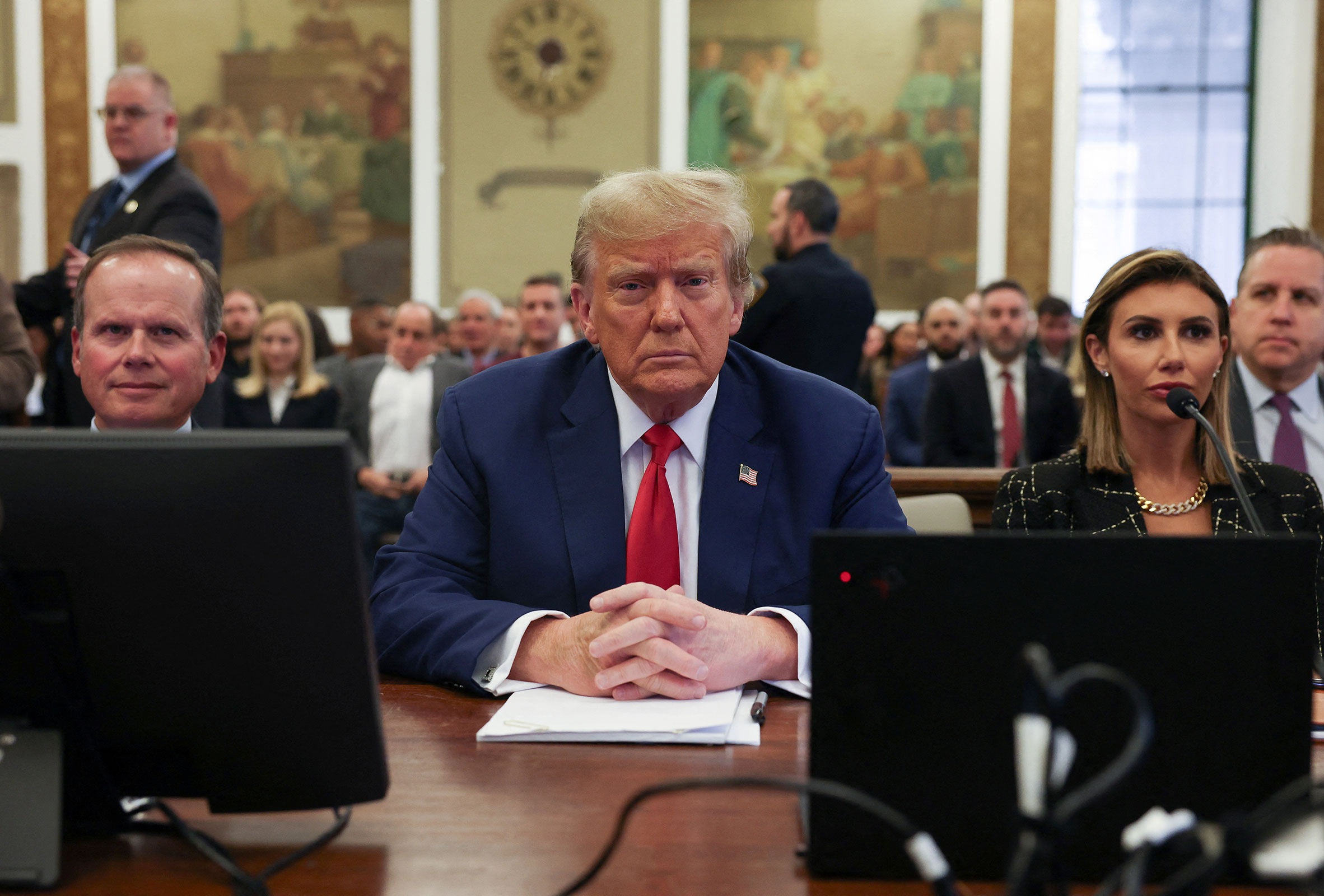
Donald Trump brought the campaign trail to the courthouse during closing arguments of his $370 million New York civil fraud trial on January 11, delivering campaign speeches both inside and outside the courtroom to attack the case against him and the attorney general who brought it.
Trump’s decision to launch into a monologue at the conclusion of his lawyers’ closing arguments reflected the fact that the civil fraud trial has been a serious threat to Trump’s business and brand – New York Attorney General Letitia James is seeking to bar Trump from doing business in the state – as well as how Trump is eager to take advantage of the situation as he runs for president.
Here are key takeaways from the final day of the trial:
From CNN's Lauren del Valle, Kara Scannell and Jeremy Herb
A judge ruled former President and GOP front-runner Donald Trump will face his first criminal trial with jury selection on March 25 in New York.
The logistics of the trial are coming into focus as attorneys continue to hammer out scheduling in court.
There will be 18 jurors — a panel of 12 with six alternates — seated in the jury box, Judge Juan Merchan confirmed in court on Thursday.
Court will not be in session on Wednesdays, and there will not be court on April 29. Court will go from 9:30 a.m. ET until at least 4:30 p.m. ET, if not later, Merchan said.
Merchan also said he would try to work with attorneys on scheduling around the Jewish holidays in April, but he said they would not take an entire week off from the trial.
From CNN's Elizabeth Hartfield and Devan Cole
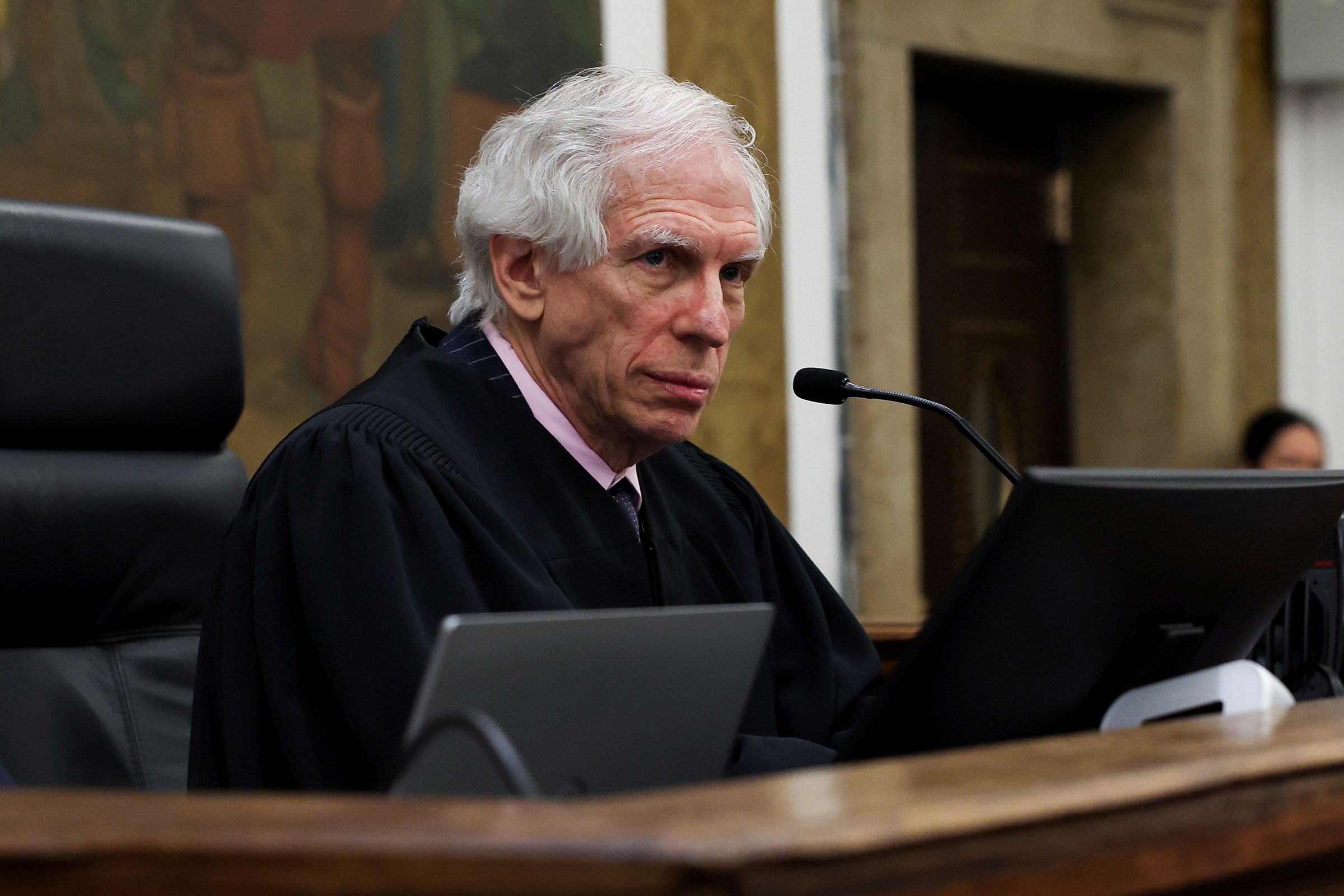
New York’s top court dismissed an appeal from Donald Trump’s lawyers earlier in January to remove the gag order placed on the former president in the New York Attorney General’s civil fraud trial.
New York’s appellate court in November 2023 had reinstated the order from Judge Arthur Engoron, which prohibited Trump and his attorneys from making public statements about the courtroom staff in the $370 million trial that wrapped up in January.
The New York Court of Appeals dismissed the appeal, stating that “no substantial constitutional question is directly involved.”
What the order does: The order, initially issued by Engoron in October, bars Trump from making public statements about court staff after Trump made numerous comments about a clerk, who the former president said is biased against him. The judge had twice fined Trump for violating the order.
Trump’s lawyers have complained about the conduct of both the attorney general’s office and the judge and his clerk during the three-month trial – and they’ve already made clear they plan to appeal Engoron’s ruling.
From CNN's Dan Berman
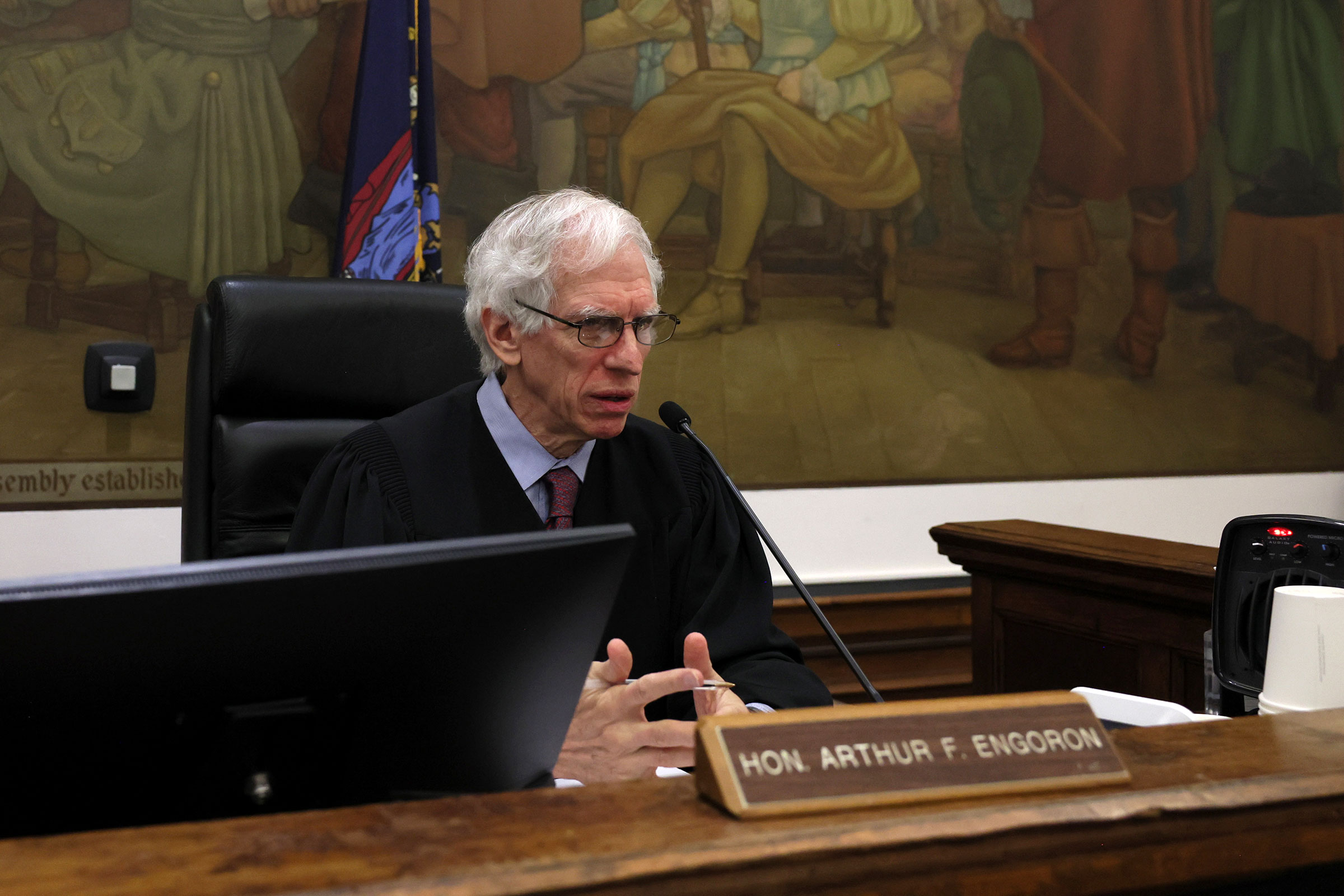
After a contentious 11-week trial, Judge Arthur Engoron will rule on how much money Donald Trump and his co-defendants owe for alleged fraud as well as whether the former president can still do business in the state. He has already ruled that Trump engaged in fraud.
The civil lawsuit from New York Attorney General Letitia James, a Democrat, is seeking $370 million from Trump and the other defendants (the figure was originally $250 million). She alleges that Trump filed fraudulent financial statements that allowed him to obtain loans and insurance at more favorable rates.
The trial goes to the heart of Trump’s image as a successful billionaire and includes accusations of fraud regarding his Trump Tower apartment, Mar-a-Lago estate and several golf courses, among other assets.
James is asking for $370 million from Trump and the co-defendants in disgorgement – or ill-gotten gains. Engoron has already ruled that Trump has engaged in fraud and ordered the dissolution of his business empire, an action that is on hold pending Trump’s appeal. Engoron canceled business certificates for many of Trump’s entities in New York, including the Trump Organization (a sprawling entity comprised of 500 limited liability companies).
Engoron also called for a receiver to oversee the dissolution of the entities, which include buildings such as Trump Tower, 40 Wall Street and the Seven Springs family compound in Westchester County, New York.
His upcoming ruling will address six additional claims including conspiracy, issuing false financial statements, falsifying business records and insurance fraud.
The attorney general’s office argued in its closing presentation that Trump “acted with intent” to fraudulently inflate the value of his assets in his financial statements.